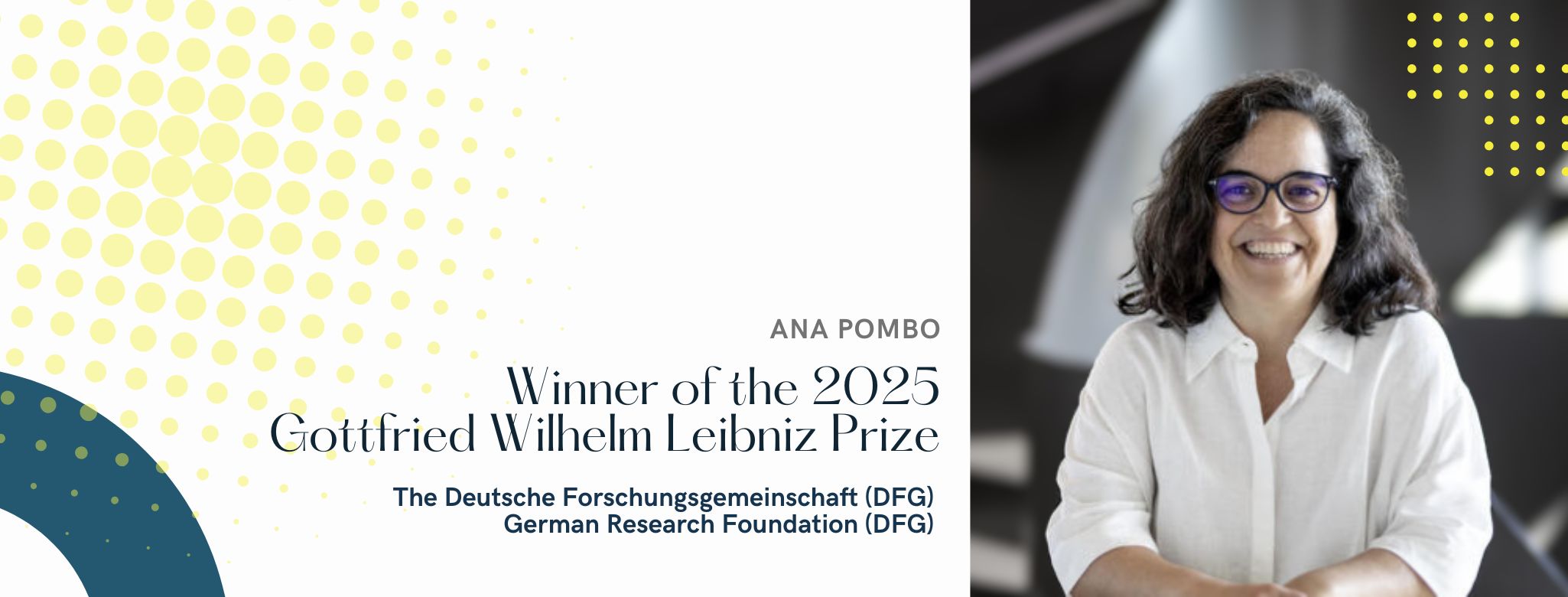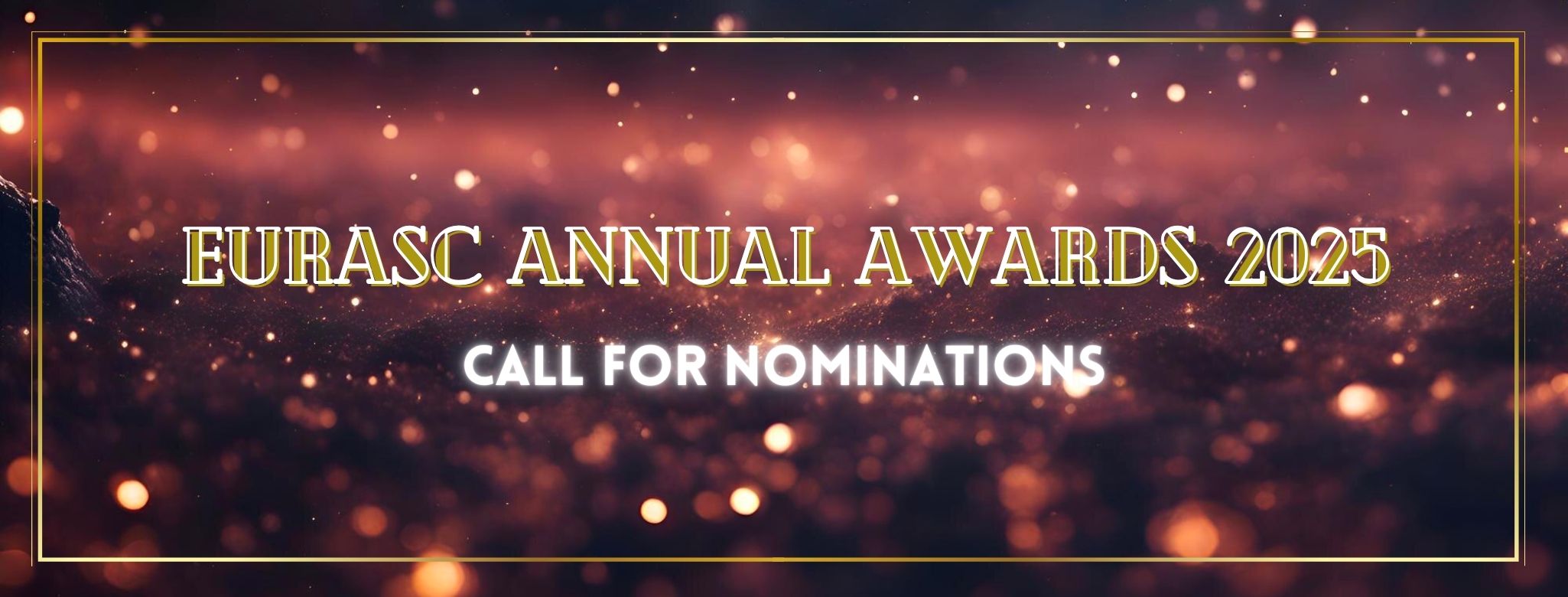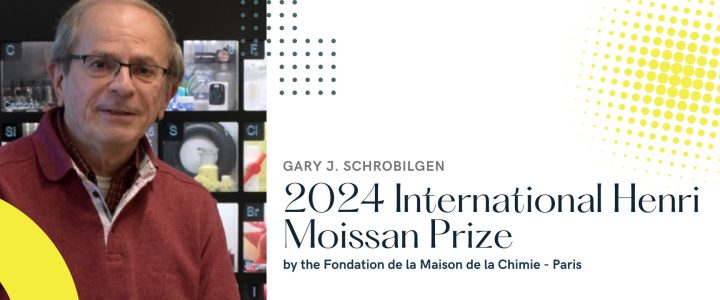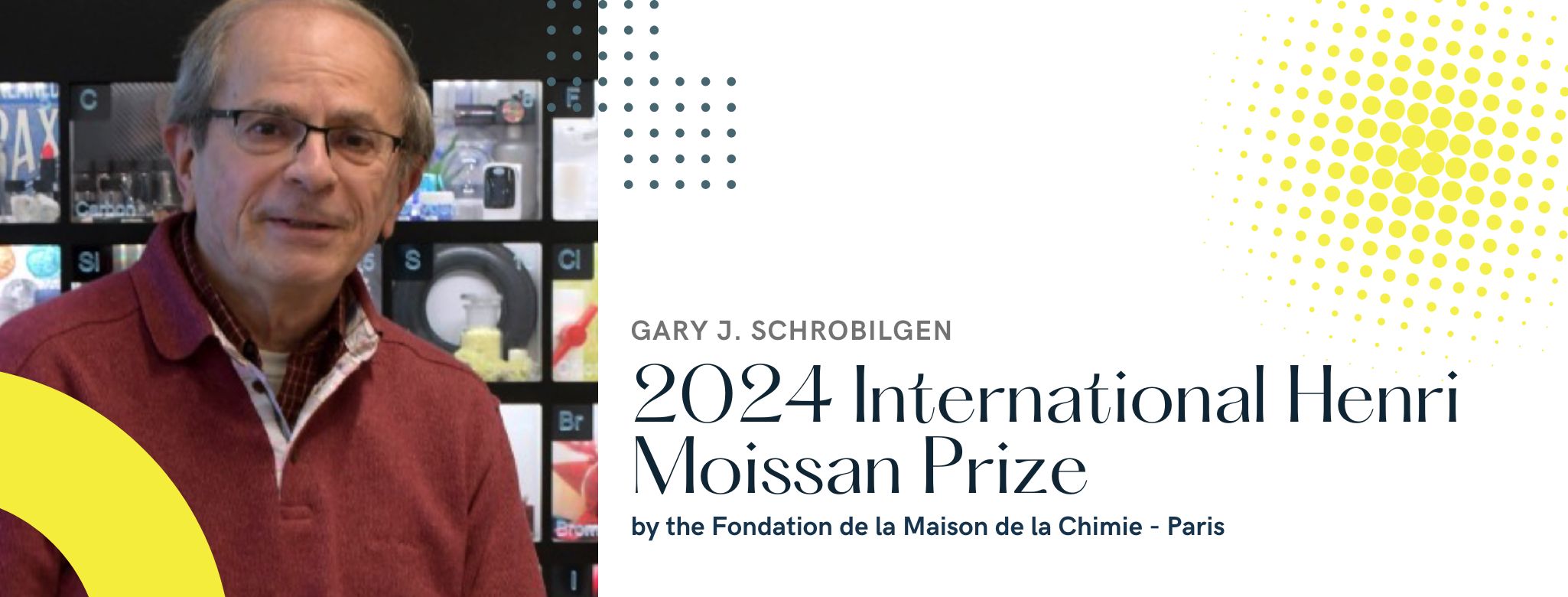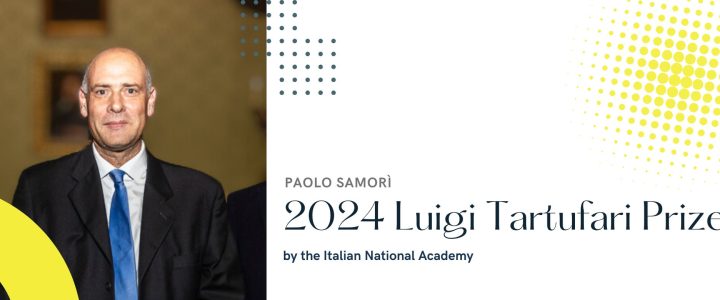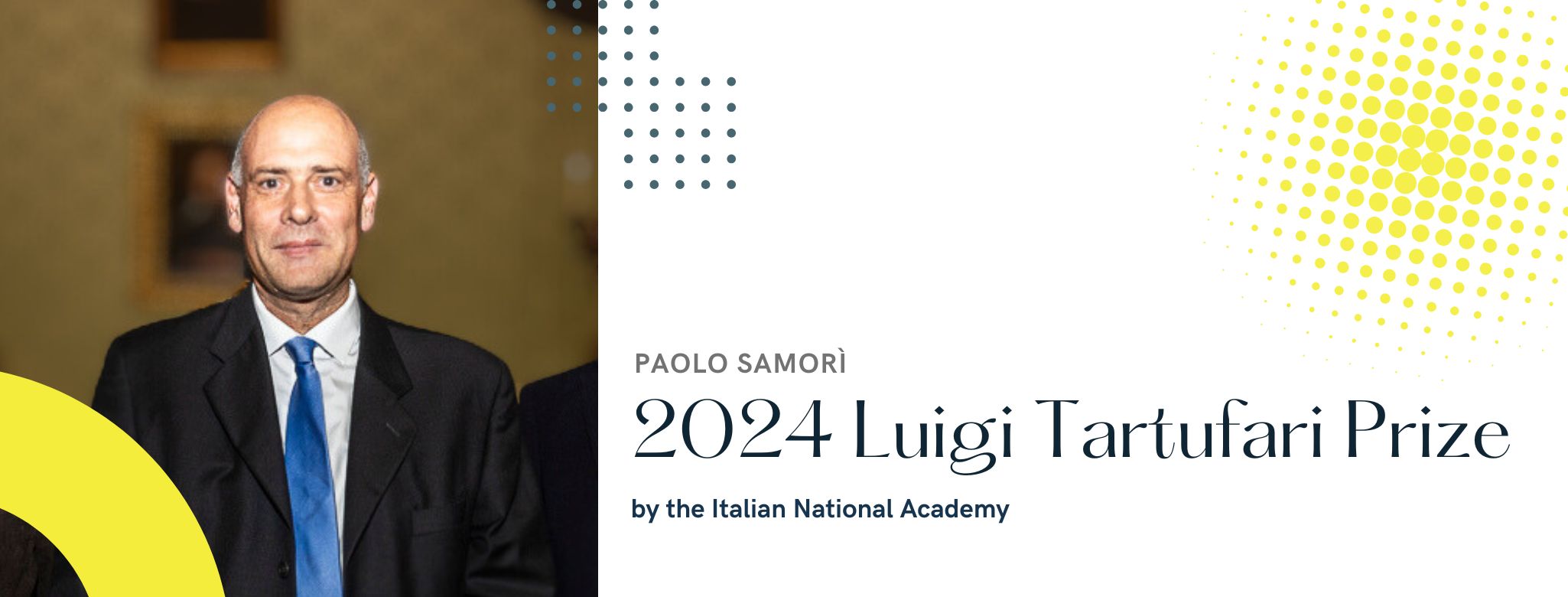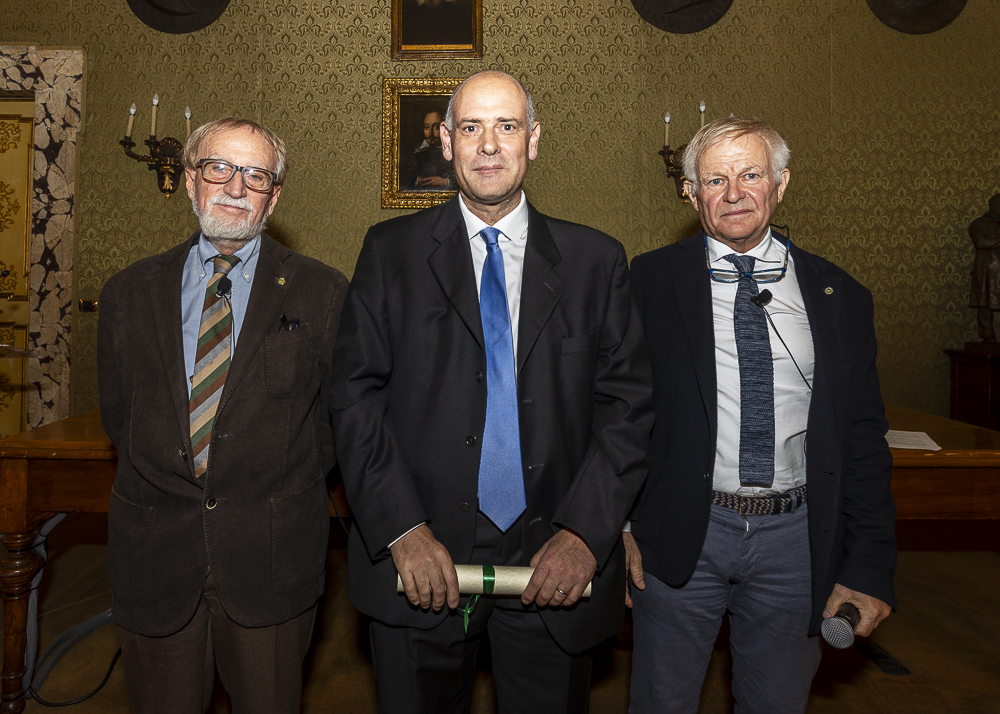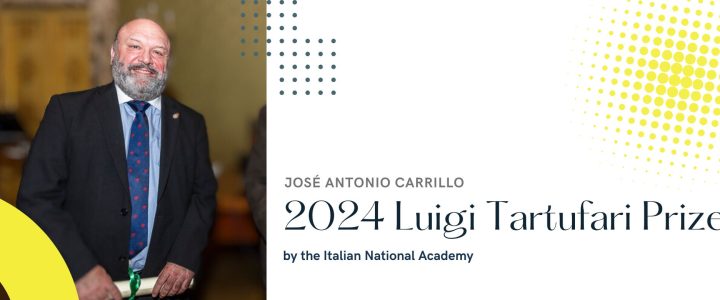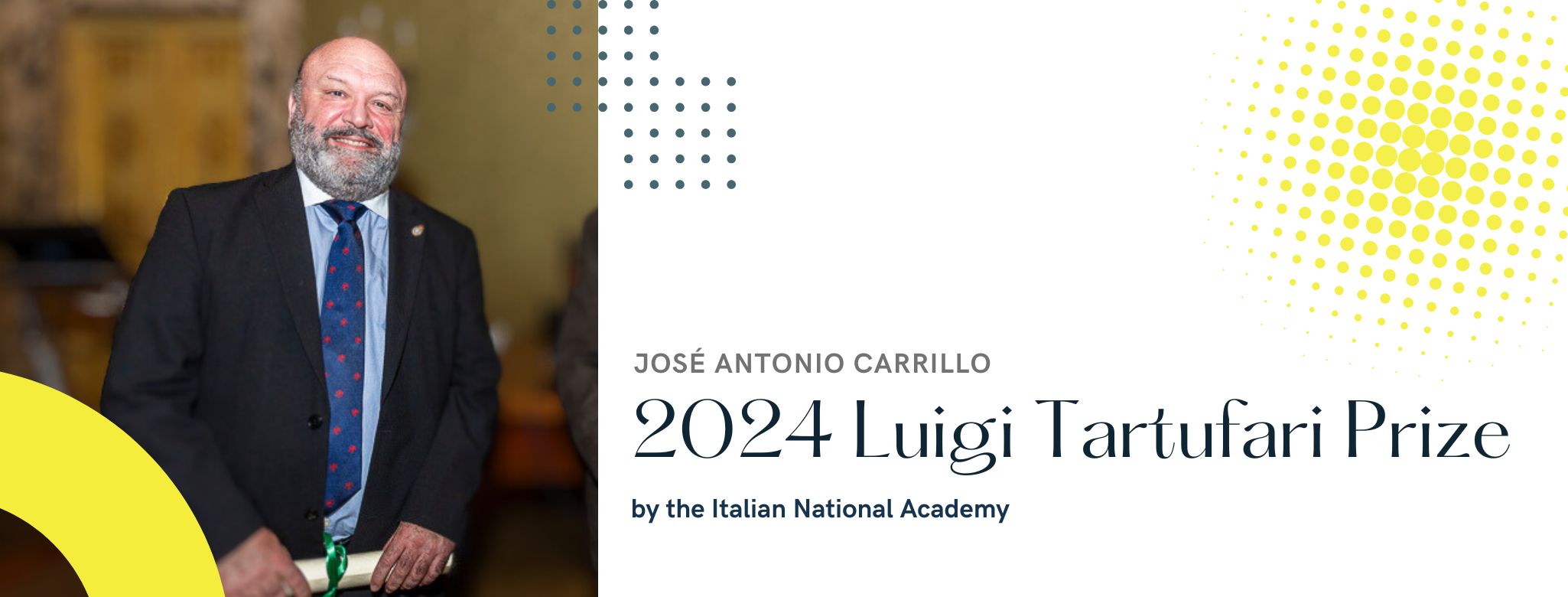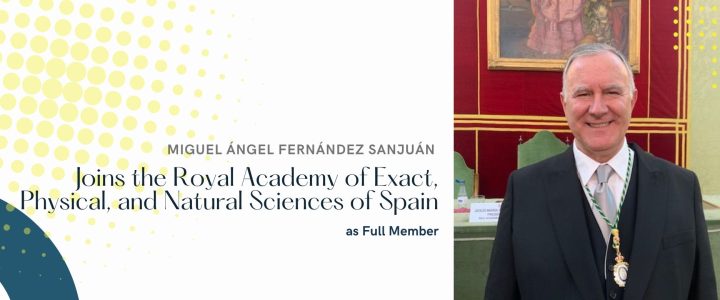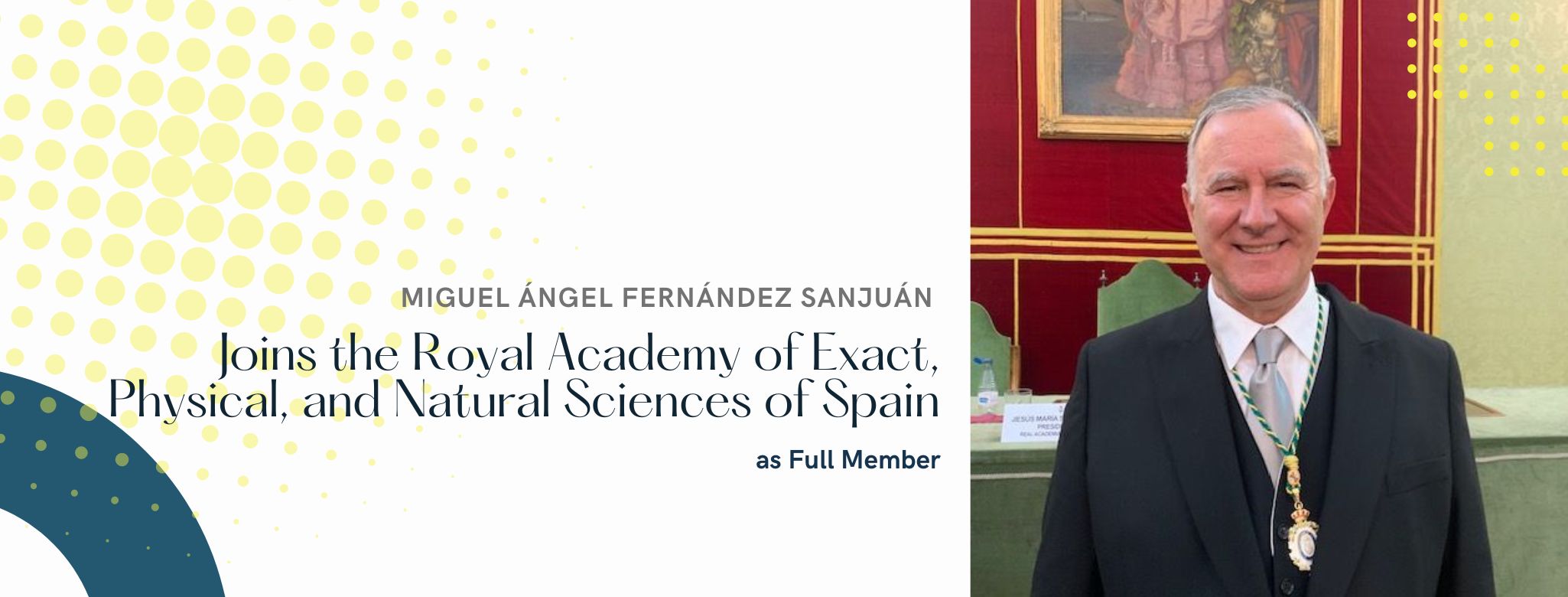We are delighted to announce that Professor Emeritus Gary J. Schrobilgen of McMaster University has been named the 2024 recipient of the Prix International Henri Moissan for his exceptional research contributions to the field of fluorine chemistry.
The Prix International Henri Moissan is awarded every three years to a researcher of international standing who has made significant contributions to the field of fluorine and fluorinated compounds. This prestigious award commemorates the 1886 isolation of fluorine by Henri Moissan, who was awarded the first Nobel Prize in Chemistry. Since 2006, the The Prix International Henri Moissan is awarded every three years to a researcher of international standing who has made significant contributions to the field of fluorine and fluorinated compounds. This prestigious award commemorates the 1886 isolation of fluorine by Henri Moissan, who was awarded the first Nobel Prize in Chemistry. Since 2006, the Fondation de la Maison de la Chimie (Paris, France), has been responsible for managing the prize, ensuring its continued prominence. Professor Schrobilgen was honored for his work in inorganic fluorine chemistry, noble gas chemistry, and radiochemistry, with practical applications in nuclear energy production, semiconductor materials, refrigeration, rocket propellants, and medical imaging.
Consult Statement HERE
The award ceremony will take place at a special symposium in Paris in November 2025, where Professor Schrobilgen will receive the Moissan Medal from Philippe Gœbel, President of the Fondation de la Maison de la Chimie.
In addition to this prestigious recognition, Professor Schrobilgen delivered a lecture at the 24th International Symposium on Fluorine Chemistry in Shanghai, China, on July/August 2024.
Professor Schrobilgen has made important contributions to the field of synthetic and structural inorganic chemistry, particularly in the synthesis and characterization of high oxidation state species and polyatomic anions. His groundbreaking work has provided invaluable insights into the chemical bonding and structural characteristics of complex molecules and compounds, some of which are now textbook examples.
The European Academy of Sciences congratulates Professor Schrobilgen on these remarkable achievements and looks forward to his continued contributions to the field of fluorine chemistry.
#FluorineChemistry #HenriMoissanPrize #GarySchrobilgen #InorganicChemistry #ScientificExcellence #NuclearEnergy #MedicalImaging #EurASc #ScientificInnovation has been responsible for managing the prize, ensuring its continued prominence. Professor Schrobilgen was honored for his work in inorganic fluorine chemistry, noble gas chemistry, and radiochemistry, with practical applications in nuclear energy production, semiconductor materials, refrigeration, rocket propellants, and medical imaging.
The award ceremony will take place at a special symposium in Paris in November 2025, where Professor Schrobilgen will receive the Moissan Medal from Philippe Gœbel, President of the Fondation de la Maison de la Chimie.
In addition to this prestigious recognition, Professor Schrobilgen will deliver a lecture at the 24th International Symposium on Fluorine Chemistry in Shanghai, China, in July/August 2024.
Professor Schrobilgen has made important contributions to the field of synthetic and structural inorganic chemistry, particularly in the synthesis and characterization of high oxidation state species and polyatomic anions. His groundbreaking work has provided invaluable insights into the chemical bonding and structural characteristics of complex molecules and compounds, some of which are now textbook examples.
In 2022, Professor Schrobilgen was also awarded the Blaise Pascal Medal in Chemistry by the European Academy of Sciences and was elected to Fellowship in the European Academy of Sciences.
The European Academy of Sciences congratulates Professor Schrobilgen on these remarkable achievements and looks forward to his continued contributions to the field of fluorine chemistry.
#FluorineChemistry #HenriMoissanPrize #GarySchrobilgen #InorganicChemistry #ScientificExcellence #NuclearEnergy #MedicalImaging #EurASc #ScientificInnovation






